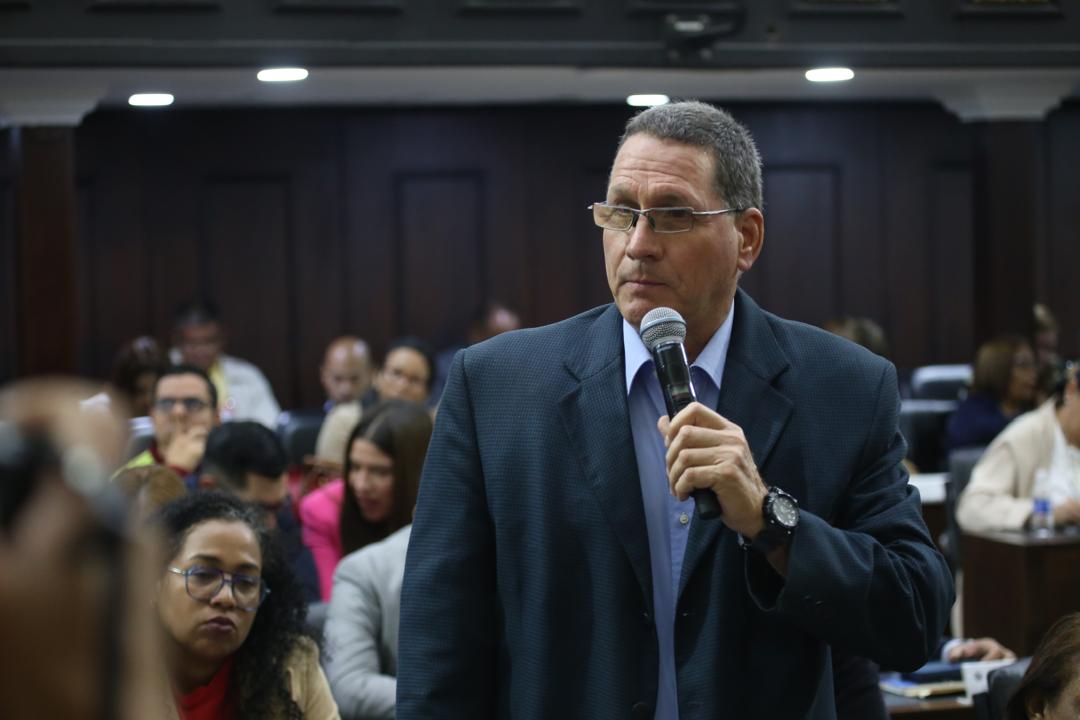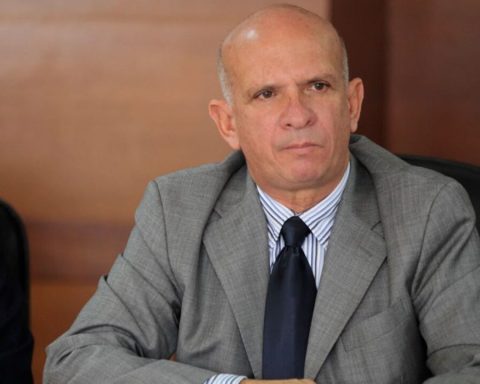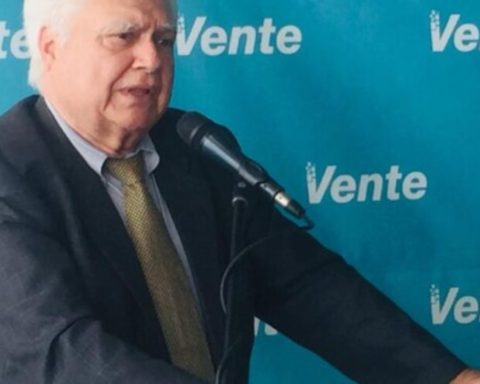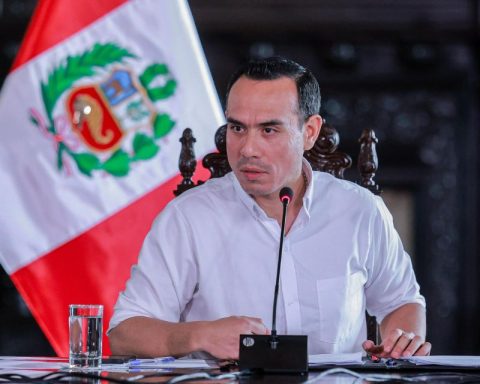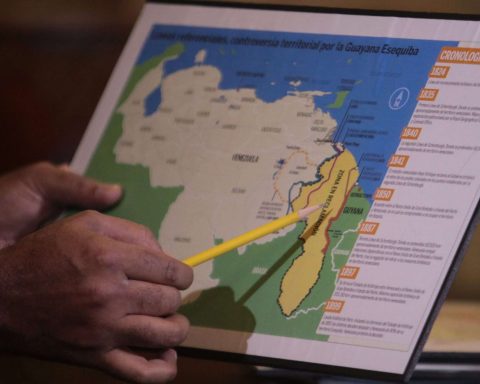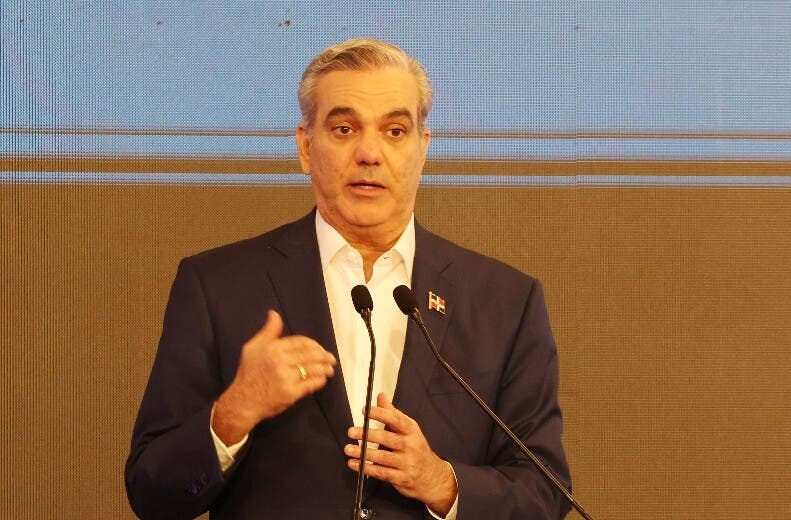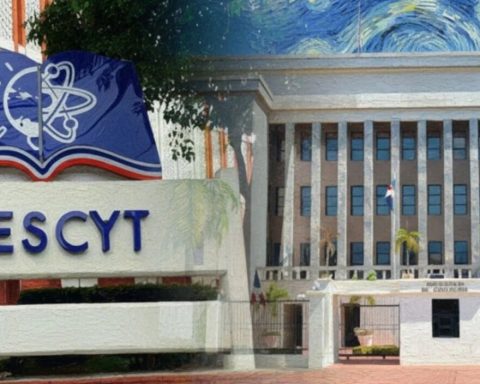The deputy to the National Assembly, Jesús Faría, assured that the letter signed by Edmundo González Urrutia was made public after his arrival in Spain for a reason: “There was a commitment that this gentleman would leave the country in conditions of capitulation, surrender; with the commitment not to install any parallel government abroad. When he assumes positions again as president-elect, decreed and declared by international bodies; then we are forced to demonstrate what a commitment was.”
The parliamentarian confirmed this when interviewed on Venevisión this Sunday.
In relation to whether he was coerced, Faría responded that “if there was indeed coercion, which is an outrage, the Spanish government is involved because it took place in the seat of the Spanish government, which was the embassy, and with the ambassador at the helm. Either González is blatantly lying or the Spanish government was involved.”
The deputy also spoke about Jorge Rodríguez’s request to break diplomatic and commercial relations with Spain.
“The commission made a recommendation that ratifies this position (…). This recommendation (…) was read last Thursday and approved by the entire National Assembly,” he said. He also explained that “international relations are not determined by parliament. Parliament can take positions and assumes them, recommends them and defends them.”
